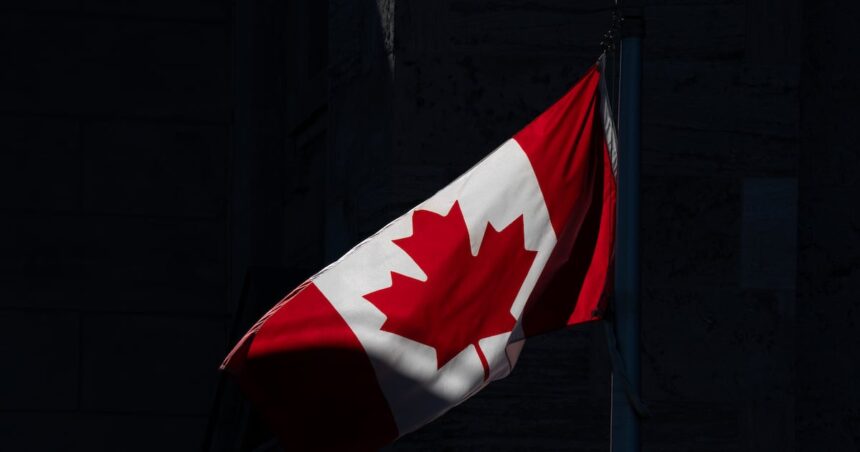The familiar notes rise in concert halls, school gymnasiums, and hockey arenas across the nation. Children stand with hands over hearts while seasoned citizens remove their caps in reverence. For 45 years, “O Canada” has served as our official national anthem—though its history stretches back much further into our collective consciousness.
Today marks a significant milestone in Canadian cultural identity as we celebrate the 45th anniversary of “O Canada” being officially recognized as our national anthem. The legislation that formalized this cornerstone of our heritage received royal assent on June 27, 1980, concluding a journey that began almost a century earlier.
What many Canadians might not realize is that “O Canada” lived in the hearts of citizens long before its official designation. Composed by Calixa Lavallée with French lyrics by Sir Adolphe-Basile Routhier in 1880, the song originally commemorated Saint-Jean-Baptiste Day celebrations. The English lyrics we know today—somewhat controversially altered in 2018 to become gender-neutral with “in all of us command” replacing “in all thy sons command“—evolved through several iterations before reaching their current form.
“National anthems are more than just songs,” explains Dr. Eleanor Hayes, cultural historian at McGill University. “They’re repositories of national memory and aspiration. ‘O Canada’ captures something essentially Canadian in both its musical composition and lyrical content—a certain dignified optimism.”
Celebrations today include a special performance by the National Arts Centre Orchestra in Ottawa, featuring arrangements that highlight the anthem’s evolution over time. In schools across the country, children are learning about the anthem’s history and significance through educational programs designed to connect younger generations with this piece of shared heritage.
The anniversary comes at a time when conversations about national identity continue to evolve. “The anthem has remained remarkably resilient through significant social changes,” notes social commentator Jean-Michel Paquette in his analysis for CO24 Culture. “Its ability to adapt while maintaining its essential character mirrors Canada’s own journey.”
Perhaps most touching are the personal reflections being shared across social media under the hashtag #OCanada45, where Canadians from all walks of life describe what the anthem means to them—from new citizens who learned the words as part of their citizenship ceremony to fifth-generation Canadians who grew up singing it daily in school.
The anthem’s journey parallels Canada’s own evolution toward becoming a fully sovereign nation. When “O Canada” was first composed, the country was still finding its footing as a self-governing dominion within the British Empire. By the time of its official adoption, Canada had matured into a confident, independent nation with its own distinct identity on the world stage.
Yet the anthem hasn’t been without controversy. The 2018 lyric change sparked heated debate about tradition versus inclusivity, while some Indigenous advocates have questioned whether a colonial-era anthem can truly represent all who live within Canada’s borders today. These discussions reflect our ongoing national conversation about who we are and who we aspire to be.
“An anthem’s power lies in its ability to unite through shared experience,” writes cultural critic Sophie Tremaine for CO24 Opinions. “When 37 million people know the same song, something magical happens—a thread of connection runs through our diverse experiences.”
As evening falls across six time zones, communities from Victoria to St. John’s will join in celebrations that include illuminations of significant landmarks in red and white, community singalongs, and special citizenship ceremonies where new Canadians will sing their new anthem as citizens for the first time.
The question that remains, as we mark this anniversary, is how “O Canada” will continue to evolve alongside the nation it represents. Will future generations find the same resonance in its lyrics and melody? Will it undergo further revisions to reflect changing values? Or will it stand as an unchanging anchor in a rapidly transforming world?
Whatever the future holds, today’s anniversary offers a moment to reflect on those stirring words that have accompanied countless Canadian triumphs, tragedies, and everyday moments: “O Canada, we stand on guard for thee.” For 45 years officially—and many decades before—these words have given voice to a nation’s hopes, pride, and shared identity in ways both profound and quietly personal.
As Lavallée’s melody continues to echo across our vast landscape, it reminds us that some traditions transcend politics and division, touching something essential about what it means to call this northern land home.










